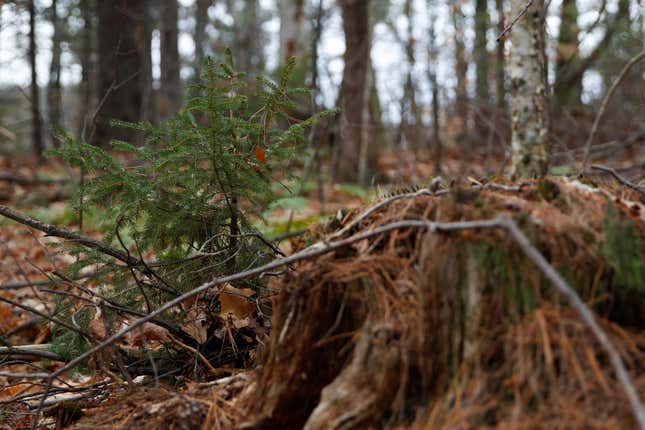
New research published Wednesday (May 24) by Corporate Accountability, a nonprofit corporate watchdog, has found that 93% of Chevron’s carbon offset programs between 2020 and 2022 have not led to reductions of greenhouse gas emissions. The report says that Chevron has exaggerated its investments in green energy and that the emissions of some of its supposedly green projects have increased in recent years.
Additionally, a major portion of the projects backed by Chevron, which focus on forests, plantations and hydroelectric dams, are both ineffective and cause harm by being linked to claims of abuses of local communities or environmental degradation in the developing countries where the projects are based.
The report also found that some of the carbon capture projects used by Chevron are missing targets by as much as 50%.
Oil companies are driving climate solutions that do little to fix climate change
The single largest cause of climate change is burning fossil fuels. As the world turns toward climate action, fossil fuel companies like Chevron have tried to have it both ways, by pushing purported climate solutions that allow them to keep extracting and bringing fossil fuels to market.
The goals are mutually exclusive, and the methods—primarily carbon offsets and carbon capture and storage technologies—are so far proving to be better at justifying fossil fuel use than reducing greenhouse gas emissions.
Carbon offsets have long been under scrutiny for failing to reduce carbon emissions while providing a veil for corporations to claim that their continued emissions are paired with a project that is good for the environment. A January report by the Guardian found that more than 90% of the rainforest offset credits provided by Verra, a leading offset firm that provides a third of Chevron’s credits, did not represent real carbon reductions.
A new set of guidelines released in March by the Integrity Council for the Voluntary Carbon Market, a global governance organization, disappointed experts by not going far enough to identify and exclude the most worthless offsets.
Carbon capture projects fall far short of what would be required to contribute to reducing emissions in line with the Paris Agreement goals. In 2022, according to the International Energy Agency, the world emitted 36.8 billion metric tons of CO2. Currently operational carbon capture projects sequester 44 million metric tons of CO2 per year, 0.12% percent of total emissions—and a number that the IEA does not expect will increase before 2030.